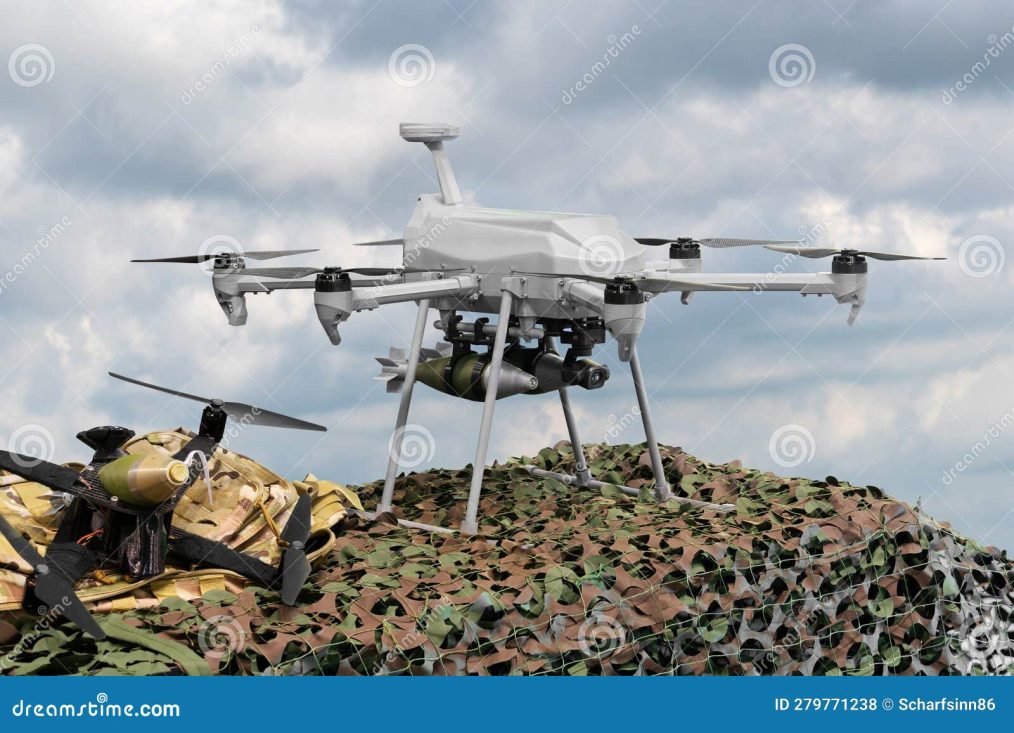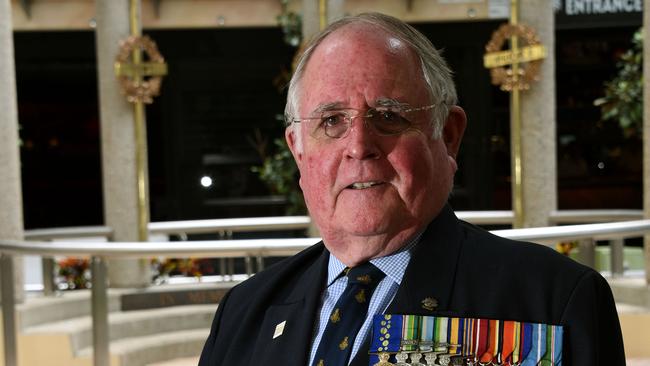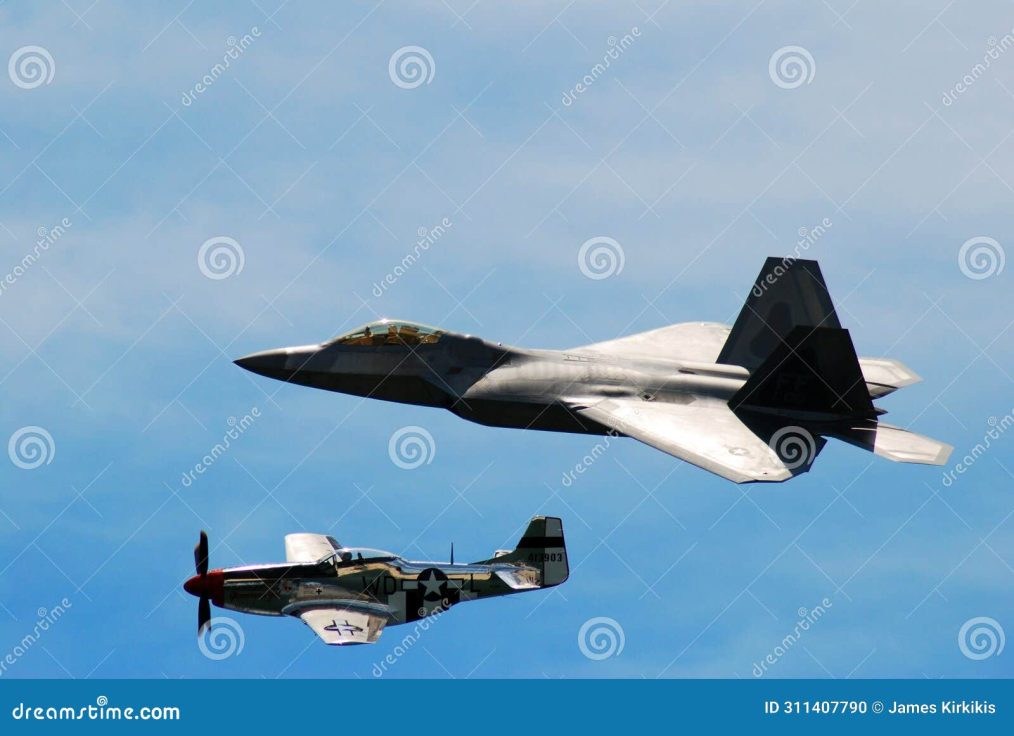Contemporary fighter aircraft, designed for air superiority and dominance, have evolved significantly from their timber and canvas predecessors. Today’s integrated fifth-generation aircraft, such as the F-22 Raptor, F-35 Lightning II, Sukhoi Su-57 Felon, J-20 Mighty Dragon, and FC-31 Gyrfalcon, represent the pinnacle of modern fighter design, drawing on a century of advancements in aircraft technology and air combat.
For the United States and its allies, the F-22 Raptor, conceived during the Cold War, stands as the world’s premier aerial predator. It combines stealth, super-manoeuvrability, and networked lethality, ensuring dominance in the skies. However, this pursuit of unparalleled air superiority came at a high cost, exacerbated by post-Cold War perceptions that such capabilities were no longer necessary.
The costs of replacing the aging F-15 Eagle fleet with 850 F-22 Raptors proved prohibitive, leading to a preference for the more affordable and mass-producible F-35 Lightning II. However, the rapid modernization of air forces by China and Russia, with their own fifth generation and advanced fourth-generation fighters, has prompted the US and its allies to develop next-generation aircraft, such as the US Air Force’s NGAD and the US Navy’s F/A-XX programs. These programs face significant cost challenges, with the NGAD’s estimated per-unit cost between $250-350 million.
In response, US Secretary of the Air Force Frank Kendall has emphasized cost-efficiency, speed to capability, and trade-offs in the NGAD program. Kendall is exploring less expensive alternatives, balancing the need for advanced capabilities with affordability and scalability.
One potential solution is the development of an improved F-22 Raptor, leveraging advancements from the F-35. In 2018, Lockheed Martin proposed a hybrid F-22/F-35 to Japan, which would enhance the F-22’s range, simplify maintenance, and incorporate cutting-edge technologies from the F-35. This proposal marks a shift from the long-standing export ban on the Raptor.
Despite past resistance to reopening the Raptor production line, cost-effective collaboration between the US and allies like Australia, Japan, and the UK could yield significant benefits. A joint effort to develop and procure a “Raptor II” could provide a scalable, advanced air combat capability, bolstering global air superiority.
The Australian government, planning to extend the service life of its F/A-18 Super Hornets and Growlers into the 2040s alongside its F-35 fleet, should consider innovative approaches to maintain its air superiority. A collaborative Raptor II program could enhance Australia’s expeditionary air capability, ensuring it remains at the forefront of air combat technology and strategy.










